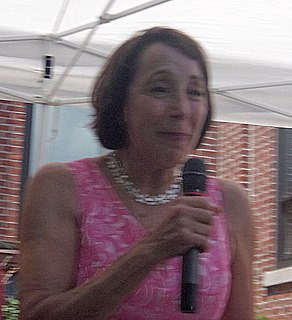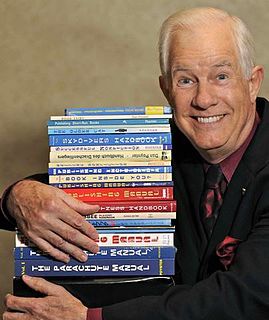A Quote by Eleanor Catton
What I wanted to create with 'The Luminaries' is a book that had structural patterns built in that didn't matter, but if you cared about them, you could look into the book and see them.
Related Quotes
I hadn't had a book in my hands for four months, and the mere idea of a book where I could see words printed one after another, lines, pages, leaves, a book in which I could pursue new, different, fresh thoughts to divert me, could take them into my brain, had something both intoxicating and stupefying about it.
Me writing the book and the subsequent interactions that we had were actually the cap on that experience. We were still in this weird purgatory about it when I published the book. When I gave them the galleys and what ensued after that, then I understood a lot more about our relationships and what the experience meant to them. I'd never wanted to know what they thought about it at all.
I would have never wanted to write another management book. There are so many of them, and everybody says the same thing about them, and they are all the same - they give the exact same advice. It's like a diet book; they all say eat less calories, exercise more, and every single book has the same conclusion.
The Hollywood stuff in the book tended to come later. I think it was because I was worried about leading with that stuff. I wanted to try to make sure that the other stories in the book were as interesting. I wanted to spend more time on them and craft them. The thing is, with writing, it's form or content.
When I was in fourth grade... this wonderful teacher said you didn't have to write a book report, you could just talk about the book, you could do a drawing of the book, you could write a play inspired by the book, and that's what I did. I got to be so famous. I had to go around to every school and perform it. It was just so natural and fun.
After I had my son I looked everywhere for a book that might serve as some kind of mirror. I bought so many silly books. Now I see what the problem was: I wanted a book about time-about mortality. I can't think of a writer who is at once so experimentally daring and so rigorously uncompromising as Sarah Manguso. Ongoingness is an incredibly elegant, wise book, and I loved it.
Run a test. Give a 5-year-old a printed book and an iPad and see what happens. That 5-year-old is going to go right for the iPad. They're not intimidated by it. They know what to do with it. They'll start searching around. And in a children's e-book, you can have links to kid-safe encyclopedia. So if they click on the lion, it takes them to Africa and tells them all about lions. So now, the e-book is educational.
Today no matter where I'm going, no matter what I'm doing, no matter who I'm doing it with, it is my dominant intent to look for and find things that feel good when I see them, when I hear them, when I smell them, when I taste them, when I touch them. It is my dominant intent to solicit from experience and exaggerate and talk about and revel in the best of what I see around me here and now.
I always tell people, "There's a book on everyone." I get some of that book before I do anything. If I want to deeply understand someone's reputation, I'll talk to their friends, their former bosses, their peers, and I'll learn a lot about them. I want them to be trusted. I want them to be respected. I want them to give a s - -. Then there are the intangibles: physical and emotional stamina, the ability to confront issues. I can ask all I want about those things, but I also have to see a lot of it.







































